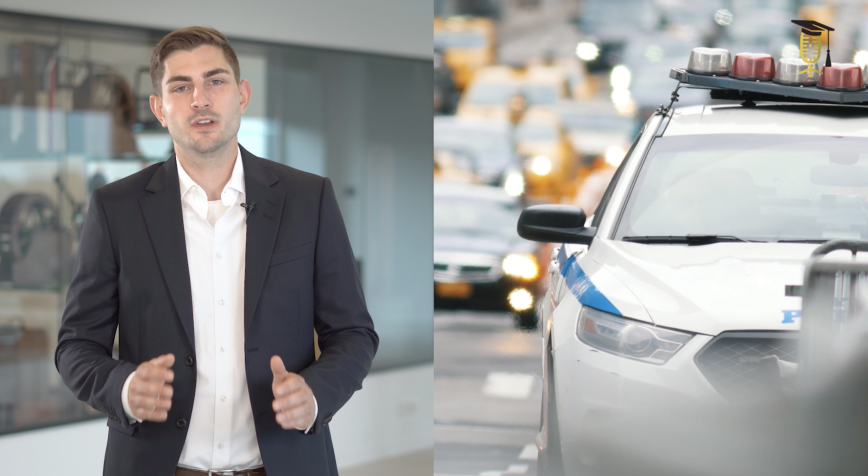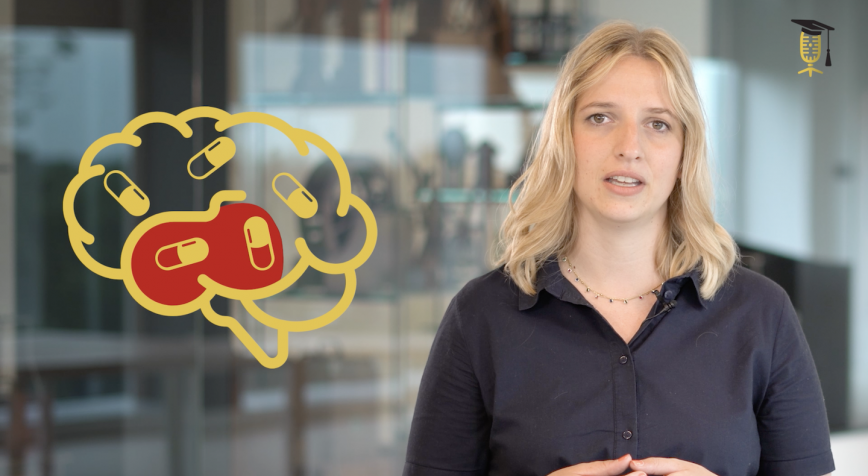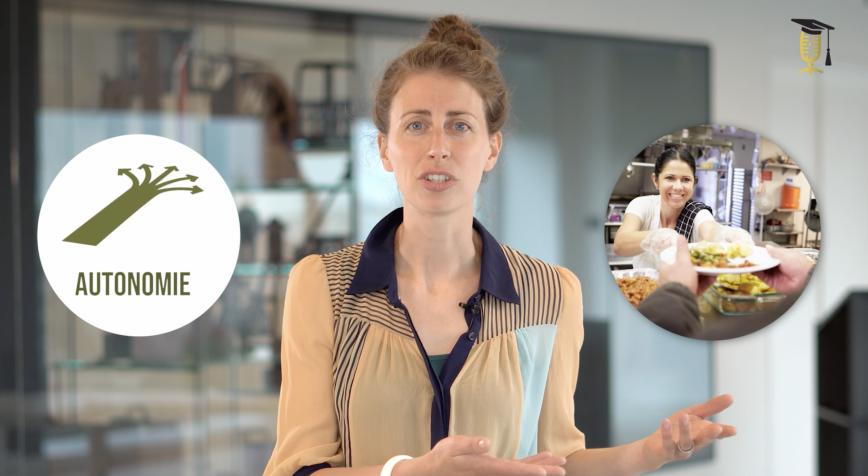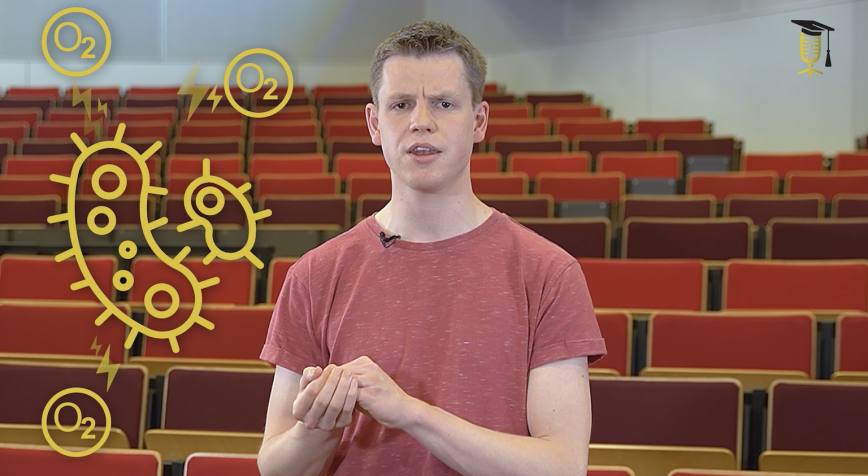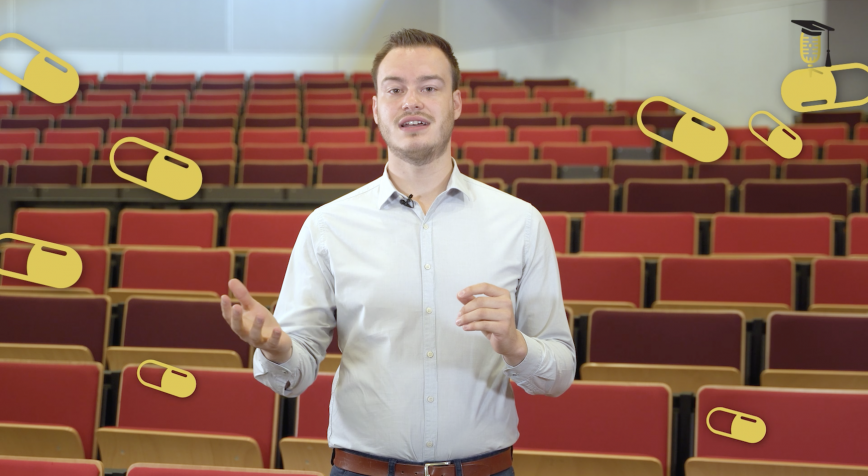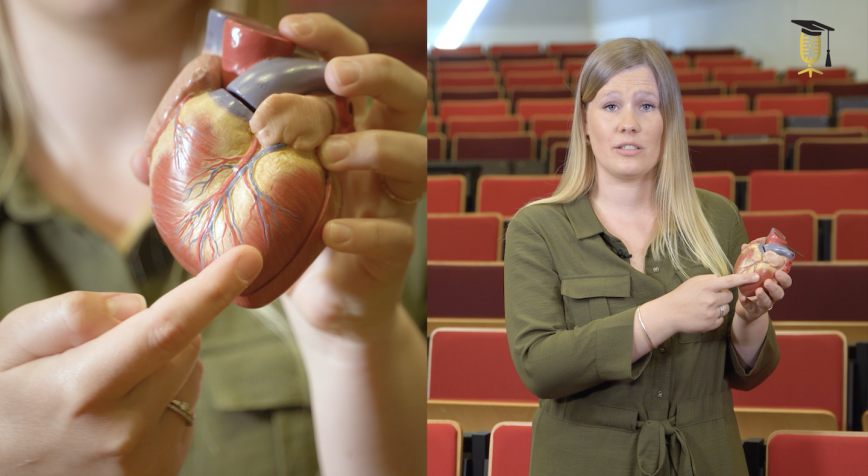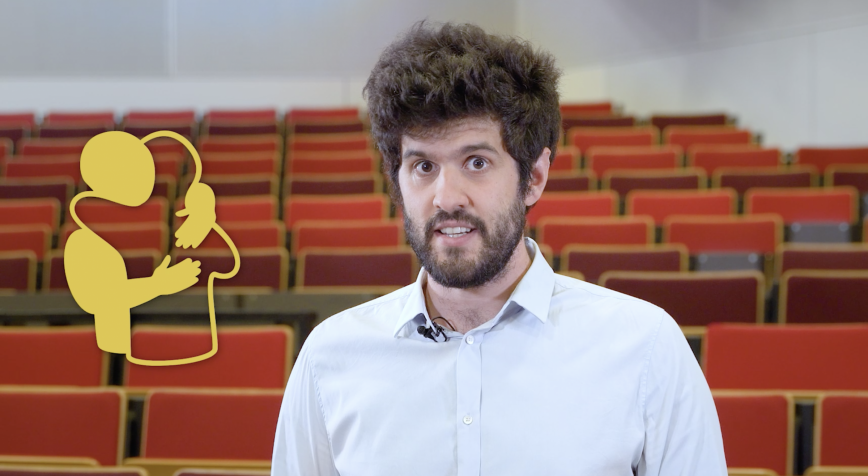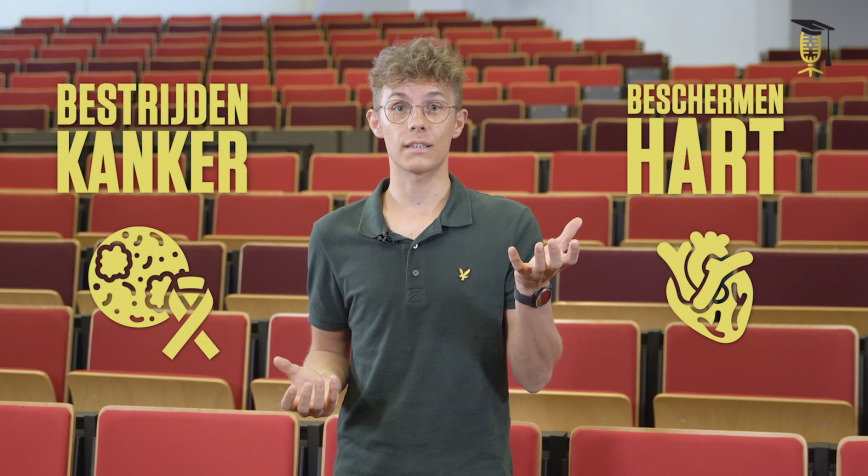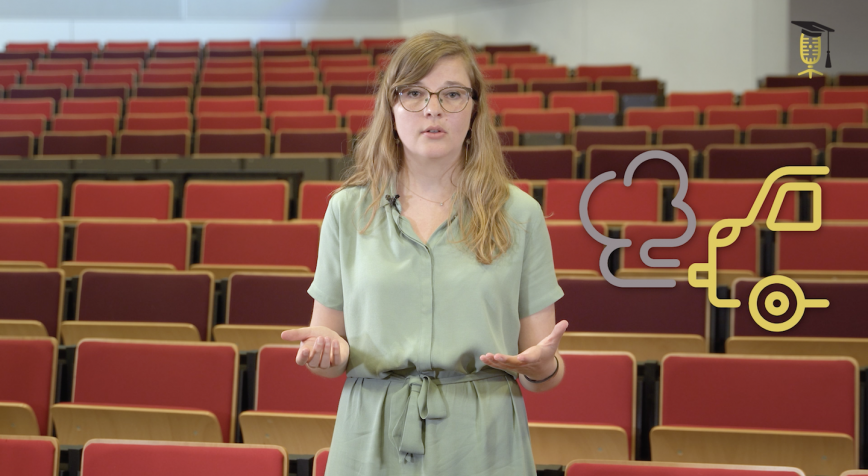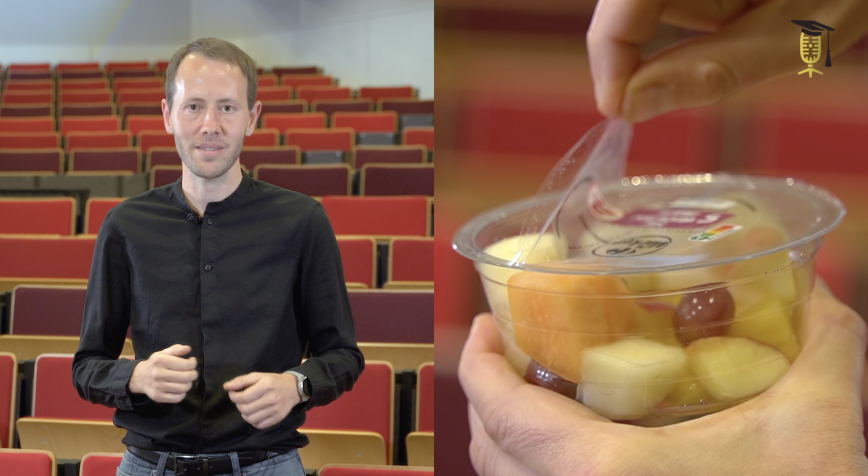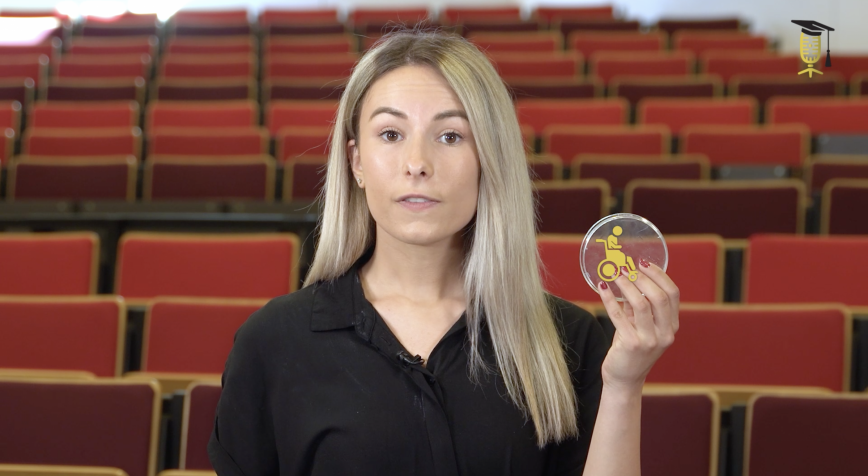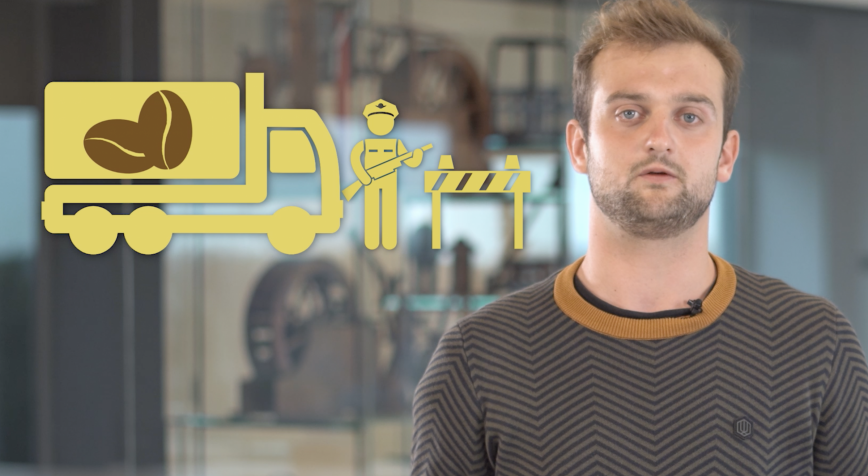
UGent
Strong together: Congolese coffee farmers in conflict area
Do you also just love coffee? A lot of good coffee comes from Kivu and Ituri, regions in eastern Congo where fierce fighting has raged for years between rebel groups and the state. How do coffee farmers manage to produce and sell coffee despite this difficult situation? Cooperatives play an important role in this, explains Wannes Slosse.
